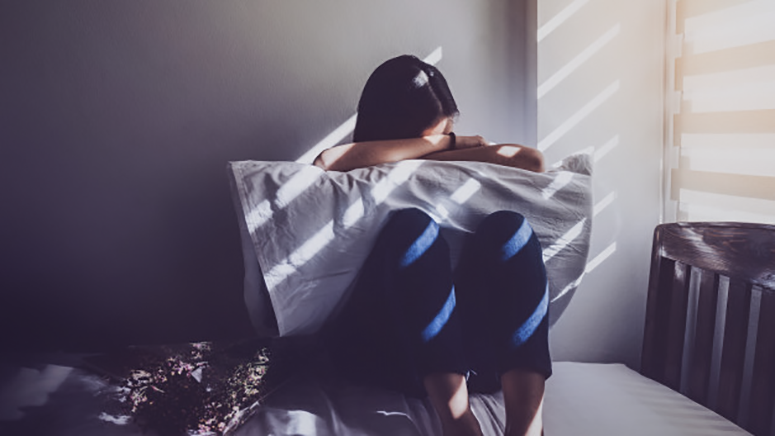The American Psychological Association defines anxiety as an emotion characterized by feelings of tension, worried thoughts and physical changes like increased blood pressure. People with anxiety disorders usually have recurring intrusive thoughts or concerns. They may avoid certain situations out of worry. They may also have physical symptoms such as sweating, trembling, dizziness or a rapid heartbeat.
Some anxiety is healthy and we could not live without it. Worry about passing a test on Friday is what make us study on Tuesday. But the anxiety that causes us to incessantly worry about the “what if” questions, without any answers, and instead be consumed with the repetitive nature of the questions is the unhealthy kind of anxiety that can interfere with our happiness and disrupt our life completely.
Anxiety can take many forms:
- generalized anxiety
- phobias
- social anxiety
- agoraphobia (fear of leaving the house)
- panic attacks
- PTSD, usually from an earlier trauma
Fortunately, like depression, treatment for anxiety has highly successful outcomes. The efficacy of cognitive-behavioral therapy (CBT) for anxiety disorders is well established, at least in terms of pre- to post-treatment reductions in anxiety severity. CBT generally outperforms waitlist controls, placebo controls, other psychological treatments (for example, psychodynamic therapy), and in some cases, psychiatric medications for patients seeking treatment for anxiety disorders (Butler, Chapman, Forman, & Beck, 2006; Hofmann & Smits, 2008; Tolin, 2010).
A combination of talking therapy using a CBT approach, lifestyle changes, education about how to best manage anxiety, and the possibility of a careful use of medications in some instances are a good combination in helping someone to manage their anxiety. Meeting with a therapist to find out the best approach is always a great first step.

